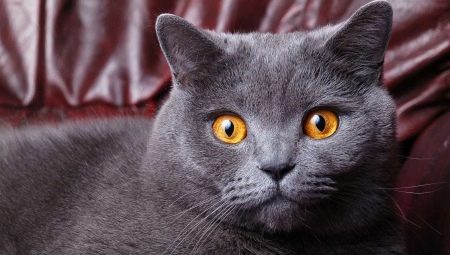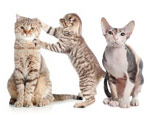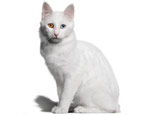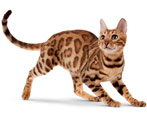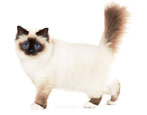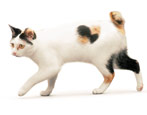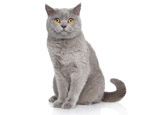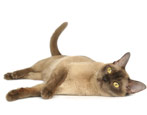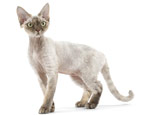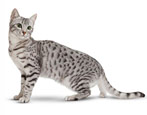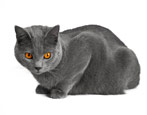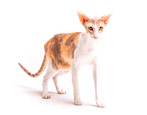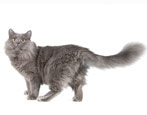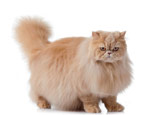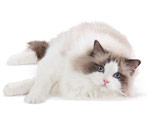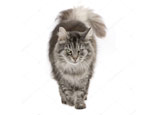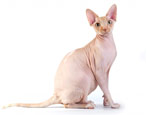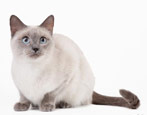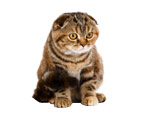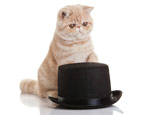There are legends about British cats that explain the origin of these cute creatures. Most versions agree that the ancestors of this breed on the islands of Great Britain brought with them Roman legionnaires during the campaigns. However, felinologists say that the British breed was bred in the UK no earlier than in the 19th century. The truth, as always, is in the middle: cats really were brought on Roman ships, they settled in England, their fur eventually became thick enough to withstand fog and rain. As for the breed, its distinctive features were formed only in the 19th century and at the first cat show in London, cats with plush fur became recognized favorites of British aristocrats. The British did not cross these cats with other breeds, so the British cat has been storing its genetically determined data for decades.
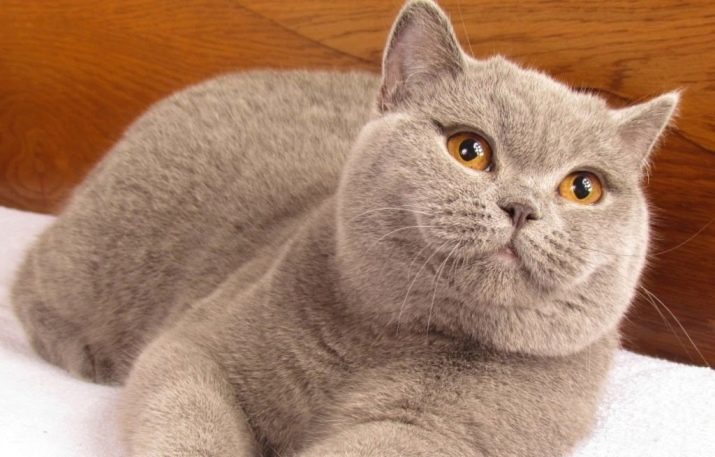
What determines life expectancy?
The life expectancy of the British breed depends on a combination of factors - it is no secret that street cats do not even live up to 10 years, and those individuals who live at home can live up to 15-16 years. The life span of a domestic cat depends on the following nuances:
- balance and regularity of nutrition;
- timely vaccination;
- prevention of helminthiasis;
- regular veterinary examination;
- prevention of obesity, constant monitoring of the condition of the teeth, heart, blood vessels;
- timely castration or sterilization of the pet;
- the presence of physical activity and an active lifestyle in the pet;
- good care providing comfortable living conditions and hygiene of the pet;
- lack of stress factors and situations.
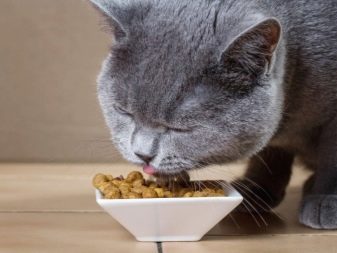
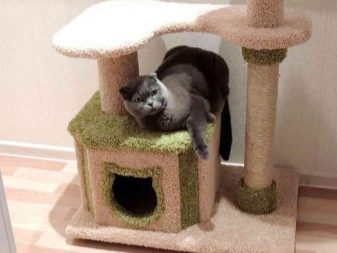
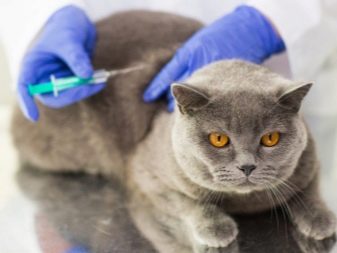
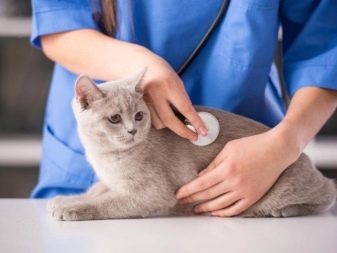
Any breed, including the British one, contains not only positive properties, but also a genetic set of features, consisting in a predisposition to certain diseases. It is known that the British do not suffer from cancer, but they are prone to obesity, diseases of the gastrointestinal tract and cardiovascular system. In addition, the breed revealed weak kidneys, liver and musculoskeletal system.
To extend the years of life to his furry pet, the owner needs to take into account the peculiarity of the breed and keep his cat or cat correctly.
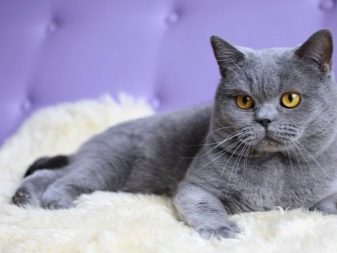
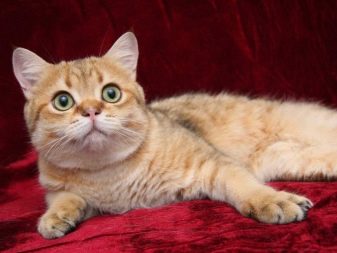
Among other factors, coloring also indirectly affects the life span of your pet. Traditionally, cats of the British breed were gray, however, now we can see various color options that were bred by breeding. There is a pattern in which it is revealed that the more exotic the British have, the more they are susceptible to diseases, even those that were not originally characteristic of his breed.
Genetics explains this regularity quite simply - if the genes responsible for coat color and the genes responsible for health are close, they enter into the so-called linked inheritance. At the same time, the resulting offspring inherits not only color, but also diseases - poor hearing, vision (up to the development of blindness), skin dermatitis, deformational changes in the skeleton, and a disposition to the appearance of benign and malignant neoplasms.
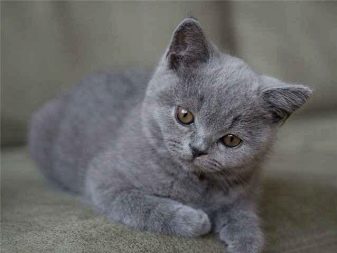
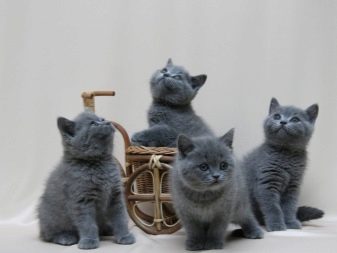
Average performance
Cats and cats of the British breed live on average for 15-16 years, but this is possible only if they are properly cared for. If there are errors in the diet or other adverse factors take place, then on average the British live up to 11-12 years.
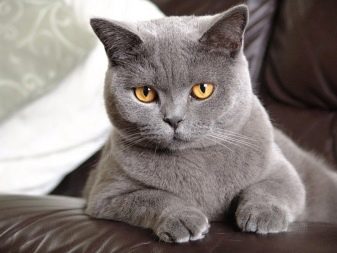
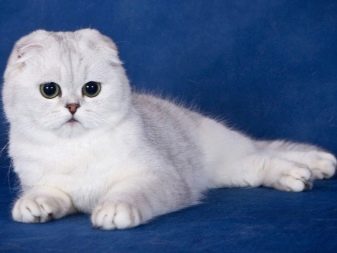
There is a scientifically proven opinion that if an animal was neutered or sterilized, then its life expectancy increases by an average of 2.5-3 years. In addition, it is believed that those individuals who have a lean body structure live longer than their larger and more well-fed counterparts. The breed of the British, unfortunately, does not apply to thin specimens, which means that they do not have to count on a couple of extra years of life. British cats are sedentary and genetically prone to obesity.
If you do not pay due attention to this circumstance, then the life span of the pet will be significantly reduced due to the fault of the owner who is improperly caring for his furry friend.
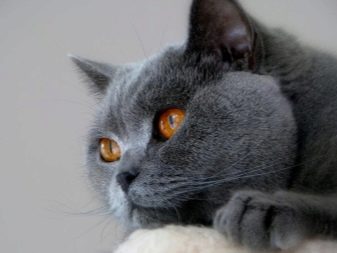
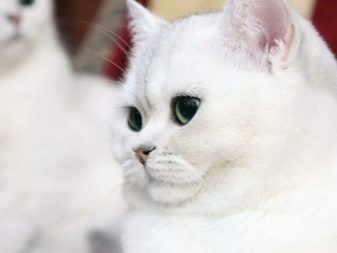
Excessive stress also shortens the life of the British cat breed. For this reason, they are not allowed to go outside, and walks are arranged in an isolated courtyard of the garden, where there is no access to other people's dogs, cats, and there is no threat from moving cars or people. Sharp flashes of light, sound signals, attention of strangers - all this causes stress for the Briton. If you protect him from such influences, then with proper care, a cat of this breed can live more than 15 years, as there is evidence of long-livers who have reached even 20 years of age. If we compare the age of a cat and the age of a person, then we can conditionally assume that 15 years of feline life is equivalent to 75 years of human life, therefore, at the age of 8 years, the Briton is already considered an elderly person requiring a special regime of care and nutrition.
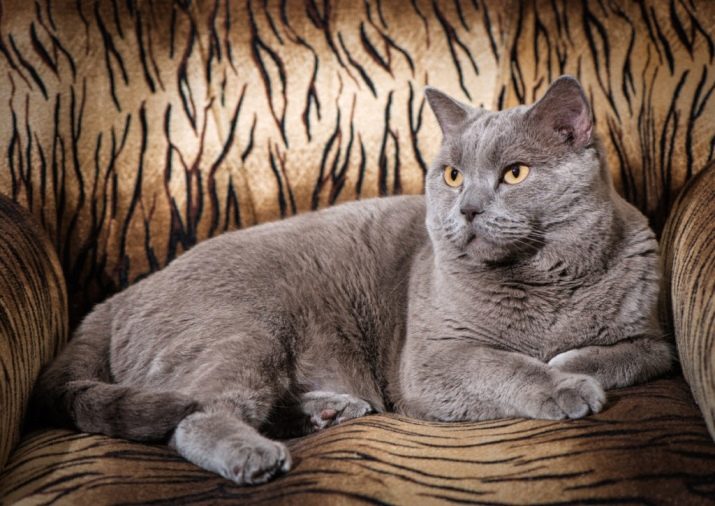
How to care?
Proper care of the British cat breed not only prolongs the life of the pet, but also makes it comfortable. The basic principles of care are as follows.
- Proper nutrition. Considering that cats of British blood have weak liver and kidneys - and sterilized cats and neutered cats require special attention for this reason - the ration of the animal is made taking into account these features.You can feed your pet with natural food or balanced industrial-grade feed.
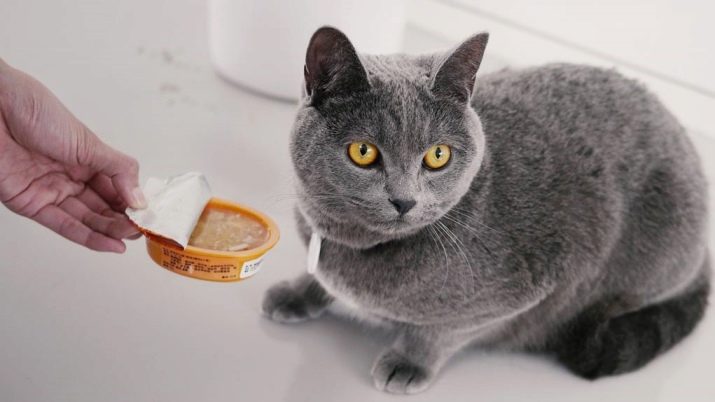
The basis of natural nutrition is feeding a cat with chicken, rabbit, beef or veal, low-fat mutton.
Before use, the meat must be frozen at low temperatures for at least two weeks in order to destroy the eggs and larvae of helminths. In addition to protein, the Briton also needs fiber, so vegetables and fruits that have undergone heat treatment should be in the diet. From carbohydrate products, cereals cooked from any cereals, except oat and semolina, are allowed. To improve bowel function, fat-free varieties of cottage cheese and kefir are allowed. As a source of minerals, a cat can be given small amounts of boiled egg yolk.
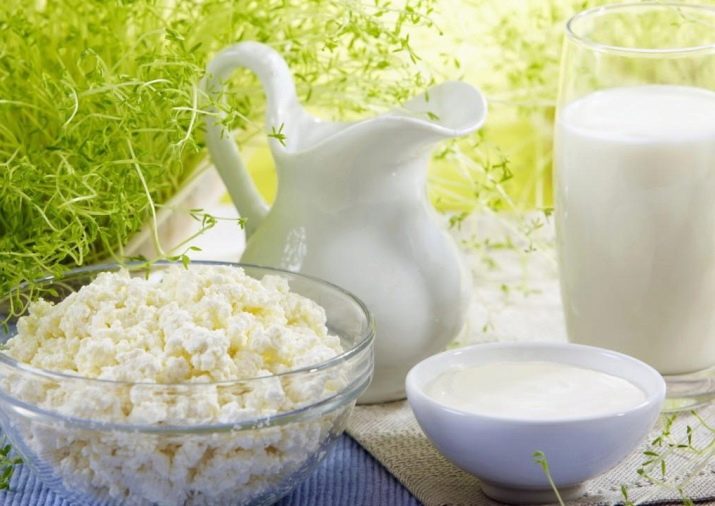
- Castration and sterilization - if you do not plan to breed the British breed, but keep your pet for the soul, then at the age of 7-8 months the kitten needs to be castrated or sterilized. Such a procedure will save the Briton from regular physiological stresses associated with the instinct of reproduction, and also protect him from a deterioration in his health and a decrease in life expectancy.
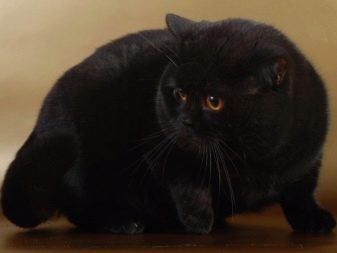
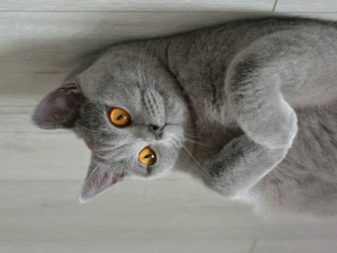
- Hygiene - An important factor that affects all areas of a cat's life and requires regular and rigorous implementation. Every week, the Briton should be combed out so that the pet does not clog the stomach with lumps of wool, if he is forced to lick himself. Every month, the cat needs to cut its claws, while paying attention to the integrity and health of the nail plate. The animal’s eyes are wiped with a soft cloth moistened with warm water - this should be done at least 1 time per week. Auricles are cleaned once every 2 weeks, the procedure is performed using a cotton wick.
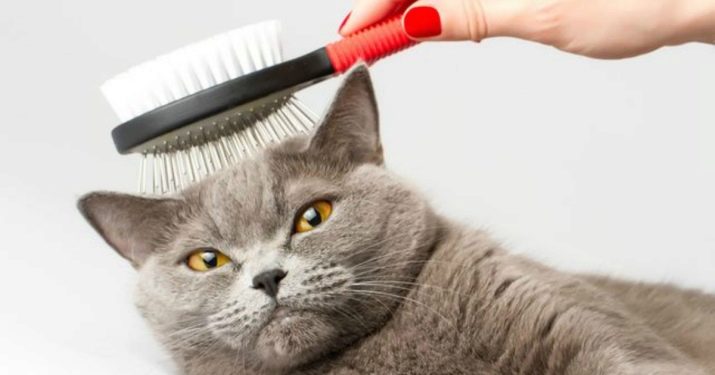
British cats, as a rule, suffer from tartar, while their gums bleed and their teeth become loose. Oral hygiene requires regular brushing and gum care, any veterinarian can teach you this, the main thing is that the procedure is performed regularly.
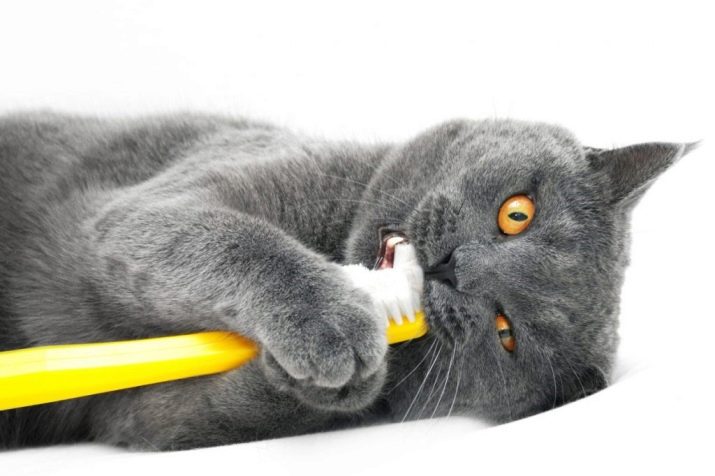
The pet should have its own berth, tray for the toilet and utensils for eating.
All of these items must be kept clean. The pet's hair needs to be inspected from time to time for fleas, and if you suspect their appearance, you will need to immediately conduct an insecticidal treatment of the bedding and hair of the pet.
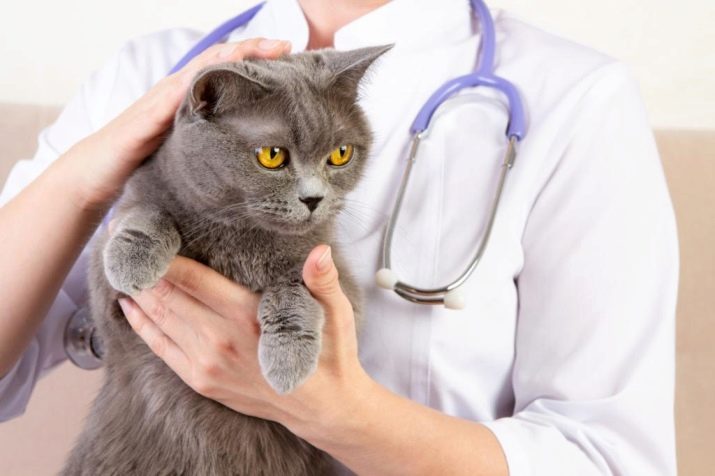
- Veterinary examination - this procedure needs to be done regularly, and for young cats it is enough to visit a doctor once a year, and after 8 years of age, a trip to the veterinarian needs to be done 2 times a year. In the very first visits to the veterinarian, the kitten performs all the necessary vaccinations - only in this way can you protect the baby from dangerous diseases. In addition, the pet will be prescribed anthelmintic drugs in order to prevent helminthiasis.
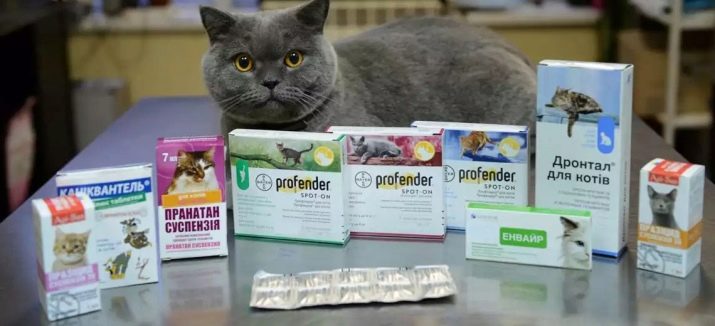
British cats are not picky and do not require any special conditions for keeping.
When choosing a berth for them, try to arrange it so that the pet with its thick and dense coat is not hot, but it does not need to be placed in a draft. Equip the little kittens with a place where they could play, place toys there and set the claw point, which they need to maintain healthy claws and develop paws.
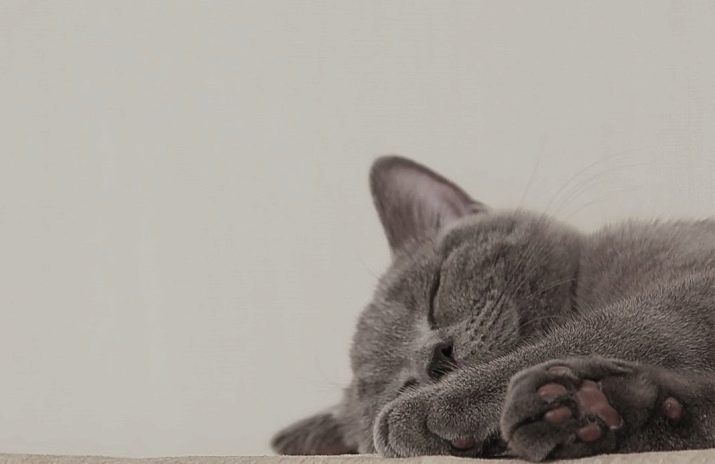
Oldest british cats
Despite the fact that the life of a British cat, as a rule, does not exceed 20 years, completely unique events happen, which are confirmed by centenarians in the world of cats. So, at the end of 1999, a record was written in the Guinness Book of Records about the cat Spike, a resident of Great Britain. This red-white representative of his breed became famous for having celebrated 29 birthdays and for all this time managed not to lose a single tooth. Moreover, the amazing cat was able to survive the incident with a large Rottweiler, which pretty much bit Spike.

The owner of the cat believes that the cat owes its longevity to a natural remedy - gel from the aloe plant. This gel Spike was treated to every day, and in addition, in his daily diet there were omega-3 fatty acids, which he received by eating ocean fish and trout. In addition to natural food, the owner fed the cat and a balanced industrial feed. Spike has always been an active and moving cat and spent all day walking in the territory of the home garden.
In 2001, according to eyewitnesses, the cat celebrated its 31st birthday, becoming one of the oldest representatives of the cat family on our planet.
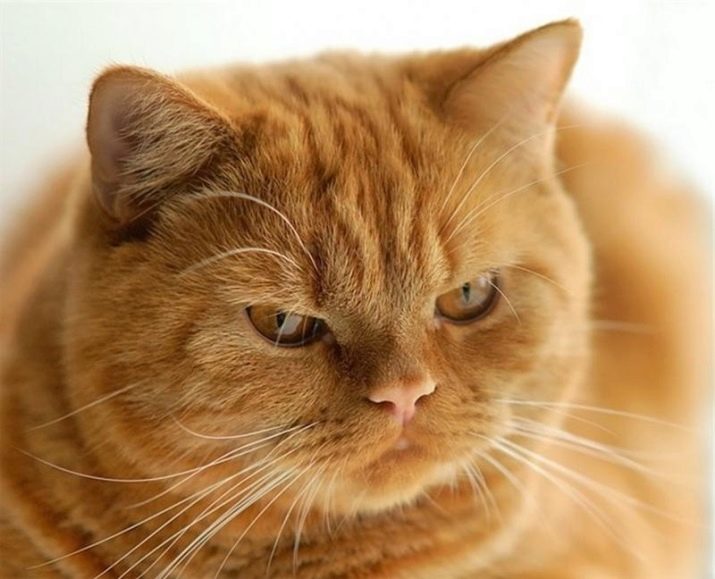
Another unique example of the long life of cats of the British breed is a gray-spotted cat named Ma. This person also lived in the UK and became famous for being the winner of cat shows, and in addition, she perfectly caught mice. The life expectancy of this cat at the time of 2001 was 32 years. The long-living woman was also entered in the Guinness Book of Records and, perhaps, Ma would have lived for some more time, but due to a serious illness, the owners were forced to euthanize their pet.
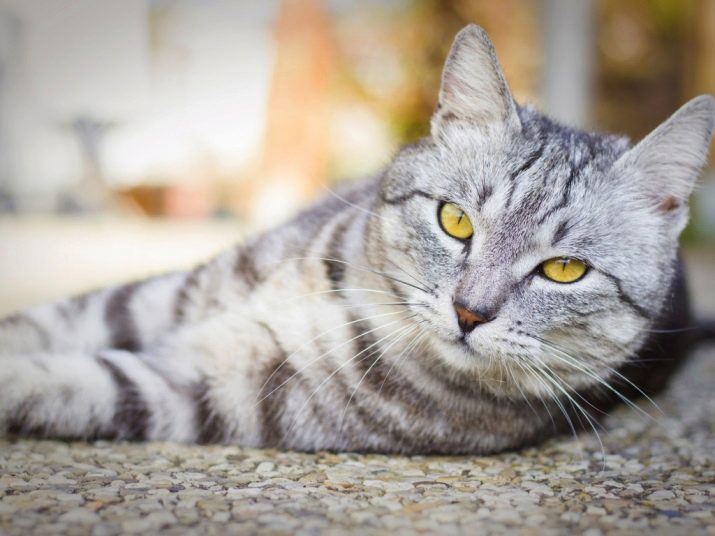
The described cases are not isolated - long-livers in the cat family are found in other breeds. It should be assumed that good genetic heredity and proper care of the pet are a guarantee that he will be able to live a long life. Take care of your pets and let them delight you with their presence for as long as possible.
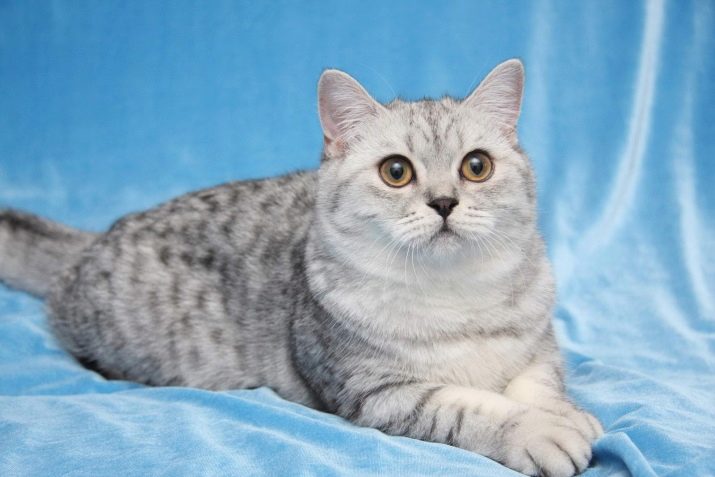
Video review of British cats see below.
